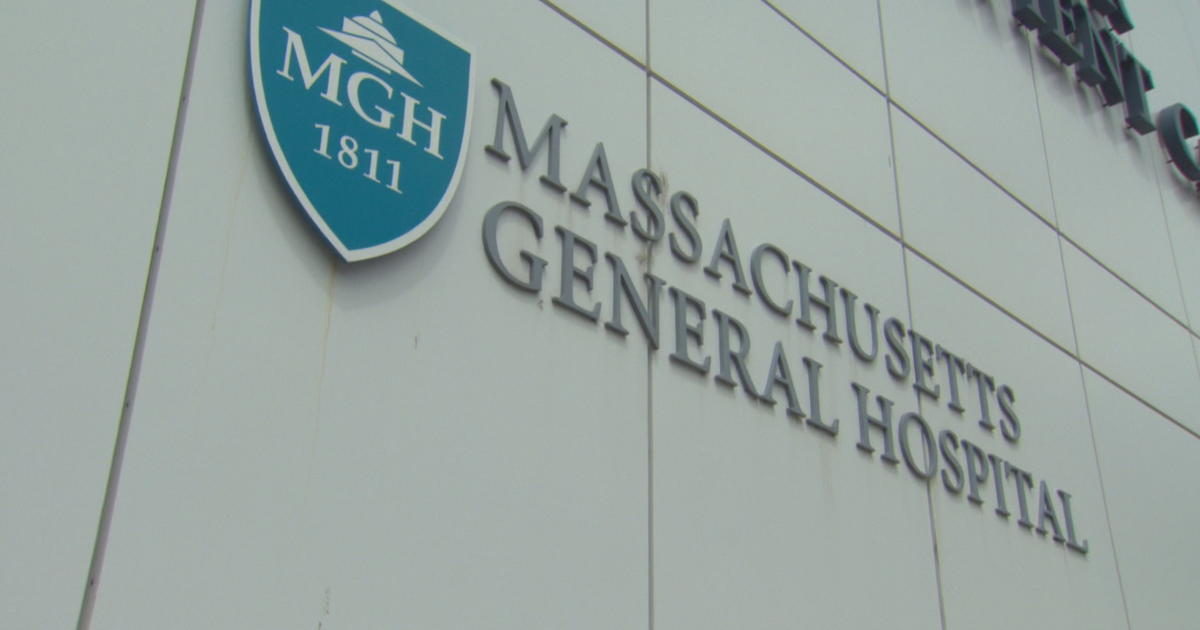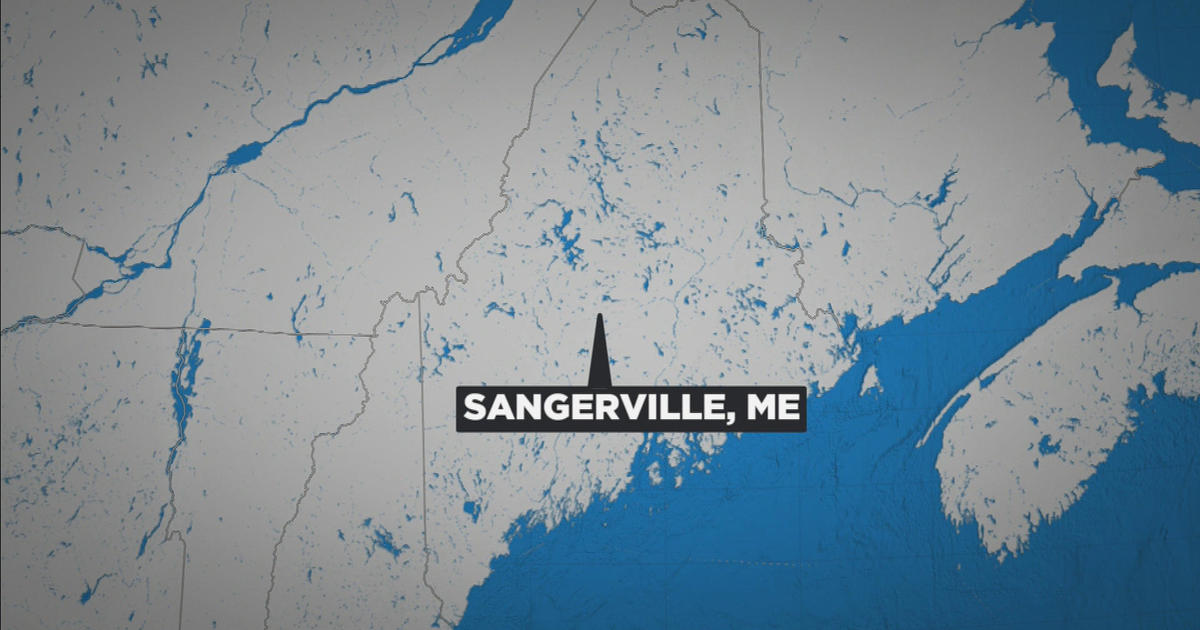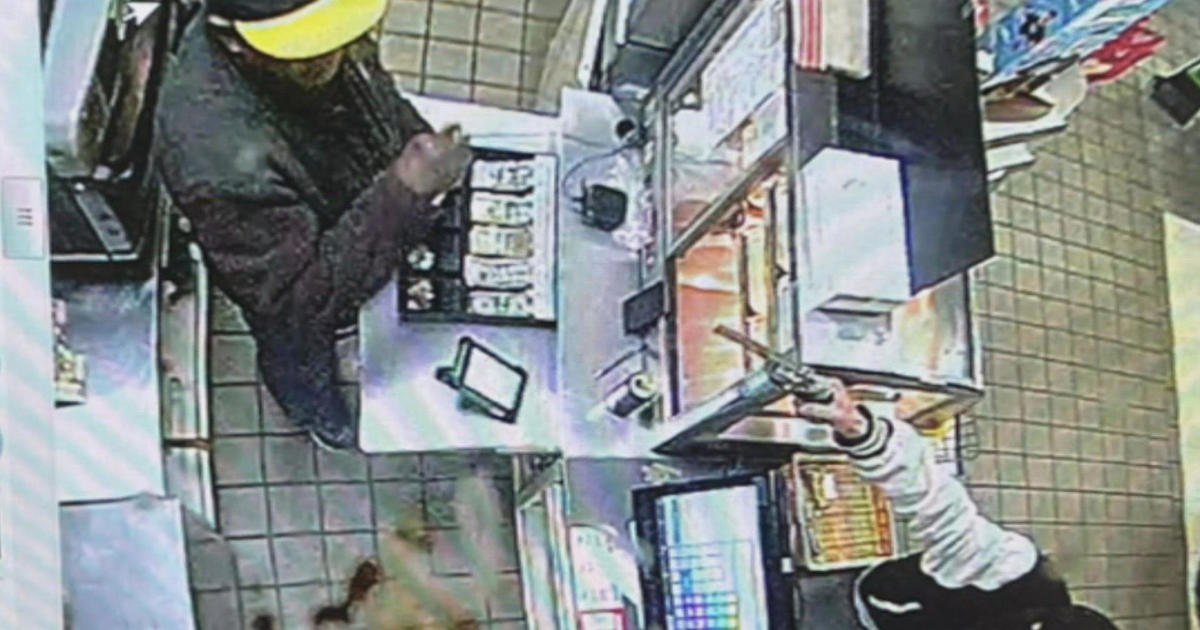Beacon Hill Leaders Looking To Reduce Prison Recidivism Rate
BOSTON (AP) — Gov. Charlie Baker and top legislative leaders are looking for ways to reduce the number of former inmates who end up back behind bars.
The Republican governor said Tuesday that while Massachusetts has a relatively low incarceration rate, two-thirds of those released from houses of correction and half of those released from prison are back in the system within three years.
Baker released a new report recommending steps to address the problem, from strengthening programs designed to help former inmates once they're released, to spending more money on substance abuse and work training programs.
"The primary focus of this investigation and this effort is around what we can do to help those folks break the cycle," Baker said.
"If we do this work and we do it well it will have a very positive impact on those who end up in prison and those who historically in Massachusetts have come back to prison after serving one term and being released."
Baker is expected to file a bill based on recommendations from The Council of State Governments Justice Center report.
Among those recommendations is an expansion of support programs for those in prison both before and after they're released, a streamlined parole process and a commitment to increased funding for substance use and work training programming, enhanced post-release supervision and expanded access to earned "good time credits" for completing recidivism-reduction programs.
The credits can be used to reduce the amount of time incarcerated.
According to the report, changes to the system also could help taxpayers save nearly $10 million in projected jail and prison costs by 2023 and accelerate the reduction of the state's prison population.
The report has the support of Senate President Stan Rosenberg, House Speaker Robert DeLeo — both Democrats — and Ralph Gants, chief justice of the Supreme Judicial Court.
Not everyone thinks the report goes far enough.
Criminal justice advocates are pushing for more action including the elimination of mandatory minimum sentences for non-violent drug offenders and an overhaul of the state's bail system, which they say is rigged against the poor.
Rabbi Margie Klein Ronkin of the Massachusetts Communities Action Network and Congregation Sha'arei Shalom in Ashland said mandatory minimum sentences are one of the causes of recidivism.
"We should get rid of mandatory minimums at least for nonviolent crimes," she said. "Right now judges, who are the most neutral people in the judicial system, do not have the power to look at individual cases. Instead it's up to prosecutors and so often prosecutors and DAs use mandatory minimums as a threat."
Rosenberg said he'll continue to encourage the Senate to look at mandatory minimums, particularly those that involve people who didn't engage in violent activities.
"We cannot incarcerate our way out of the problems we are facing in this country," Rosenberg said.
DeLeo has said he's open to looking at changes to mandatory minimum sentences but will let the hearing process play out and see what House committees charged with reviewing any legislation recommend.



